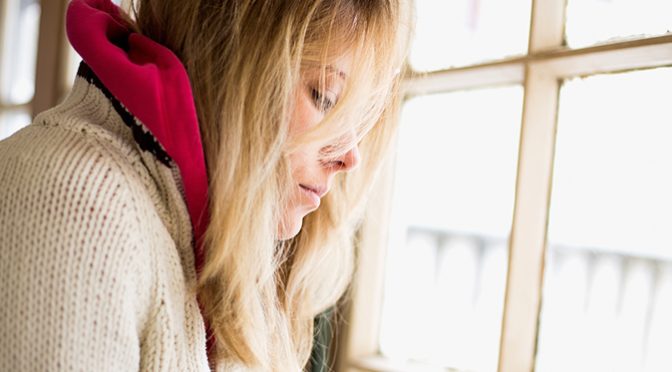20 Self Care Ideas that are Budget Friendly
Posted by Sam McManigle

Self-care is important for everyone, but it can be especially difficult to make time for when you’re on a budget. Taking care of yourself is an investment in your health and well-being, and it’s worth it to make time for it, even if you’re on a budget. Here are 20 budget-friendly self-care ides that can help you take care of yourself without breaking the bank:
- Take a walk. Going for a walk is a great way to get some exercise and fresh air, both of which are beneficial for your physical and mental health. And, it’s free!
- Read a book. Curling up with a good book is a great way to relax and escape from the stresses of everyday life. If you don’t have a lot of money to spend on books, check out your local library or bookshop for used books.
- Listen to music. Listening to music can help to improve your mood and reduce stress. Create a playlist of your favorite songs or listen to a new album.
- Take a bath. Adding some essential oils to your bath can help to create a relaxing atmosphere. You can also add some bath salts or bubbles for an extra treat.
- Get a massage. If you can afford it, a massage is a great way to relax and de-stress. However, there are also many ways to give yourself a massage at home. Try using a tennis ball or rolling pin to massage your muscles.
- Meditate. Meditation is a great way to reduce stress and improve your focus. There are many different types of meditation, so find one that works for you.
- Yoga. Yoga is a great way to improve your flexibility, strength, and balance. It can also help to reduce stress and improve your mood.
- Spend time in nature. Spending time in nature has been shown to have a number of benefits for your physical and mental health. Go for a walk in the park, hike in the woods, or just sit in your backyard and enjoy the fresh air.
- Get enough sleep. When you’re well-rested, you’re better able to handle stress and make good decisions. Aim for 7-8 hours of sleep per night.
- Eat healthy foods. Eating healthy foods gives you the energy you need to feel your best. Make sure to include plenty of fruits, vegetables, and whole grains in your diet.
- Drink plenty of water. Staying hydrated is important for your physical and mental health. Aim to drink 8 glasses of water per day.
- Get regular exercise. Exercise is a great way to reduce stress, improve your mood, and boost your energy levels. Aim for at least 30 minutes of moderate-intensity exercise most days of the week.
- Spend time with loved ones. Social connection is important for your mental health. Make time for the people who matter most to you.
- Do something you enjoy. Whether it’s reading, painting, or playing music, make time for something that you enjoy doing. This will help you to relax and de-stress.
- Set boundaries. It’s important to set boundaries between work and personal time. Make sure to take some time for yourself each day to relax and recharge.
- Say no. It’s okay to say no to things that you don’t have time for or that you don’t want to do. Don’t feel guilty about putting your own needs first.
- Take care of your mental health. If you’re struggling with your mental health, don’t hesitate to seek professional help. A therapist can help you to develop coping mechanisms and strategies for dealing with stress.
- Be kind to yourself. It’s important to be kind to yourself, even when you make mistakes. Forgive yourself and move on.
- Take a break from social media. Social media can be a great way to stay connected with friends and family, but it can also be a major source of stress. Take a break from social media every now and then to clear your head and relax.
- Do something nice for someone else. Doing something nice for someone else can help to improve your mood and make you feel good about yourself. Volunteer your time, donate to a charity, or simply do a kind act for a stranger.
These are just a few ideas for budget-friendly self-care. The most important thing is to find activities that you enjoy and that help you to relax and de-stress.
Read More
 View Our Locations
View Our Locations Request Appointment
Request Appointment




